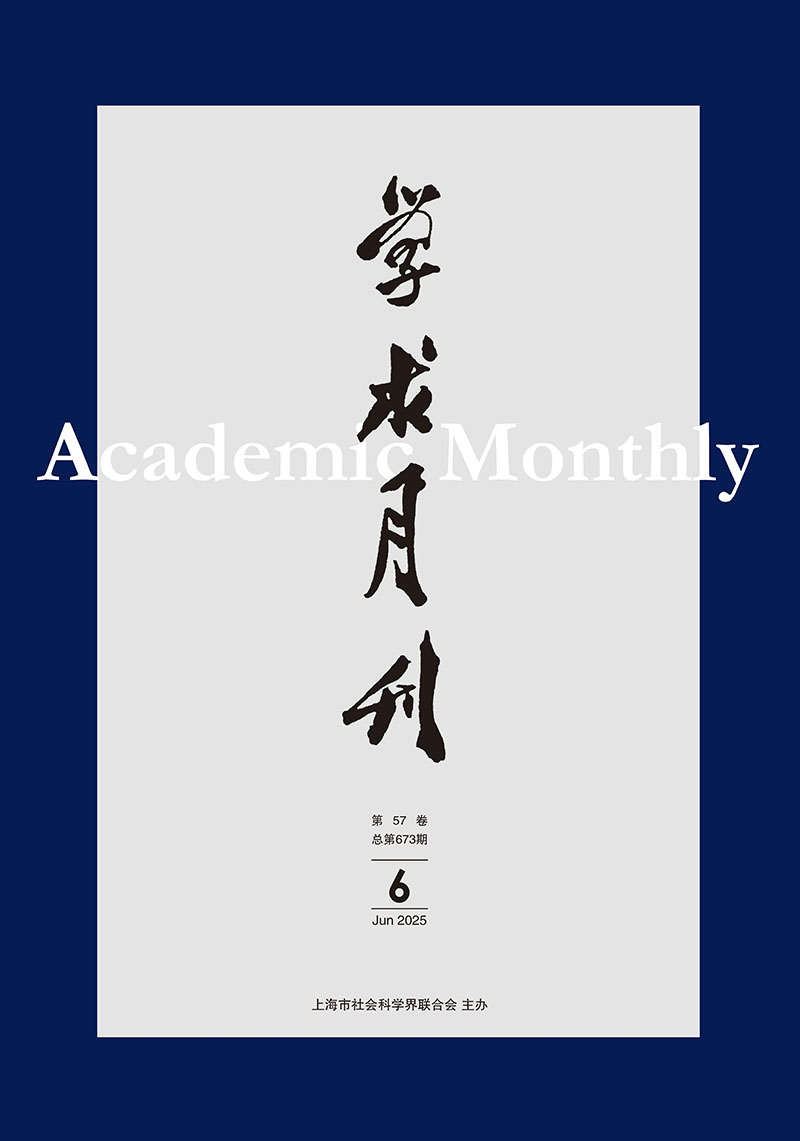The Theological Illusion of Modern Nationalism A Review of Intellectual History
Abstract: From the perspective of intellectual history, this article reveals the theological illusion behind modern western nationalism theory. Firstly, it sorts out the dichotomy of the sacred and the secular from medieval theology to the Enlightenment thought, presenting how the "secular kingdom" gained an independent status from theocracy and the legitimacy crisis brought about by this separation. In the pre-modern period, this crisis was resolved through the sacredness of the king, while in modern society, it is based on the sacredness of the "nation" as a whole. Through the "naturalness of the nation", the nation gained an autonomous value system of its own, and the value of the individuals constituting the nation can only be realized through the nation. The emotions of individuals towards the nation are actually an imitation of the emotions of believers towards God in Western monotheism. However, once the nation is placed in a competitive environment, such emotions may lead to oppression and aggression. This is the insurmountable predicament in western nationalism theories and also the theoretical starting point that needs deep reflection when we construct an autonomous Chinese theory system today.



 沪公网安备 31010102003103号
沪公网安备 31010102003103号 DownLoad:
DownLoad: